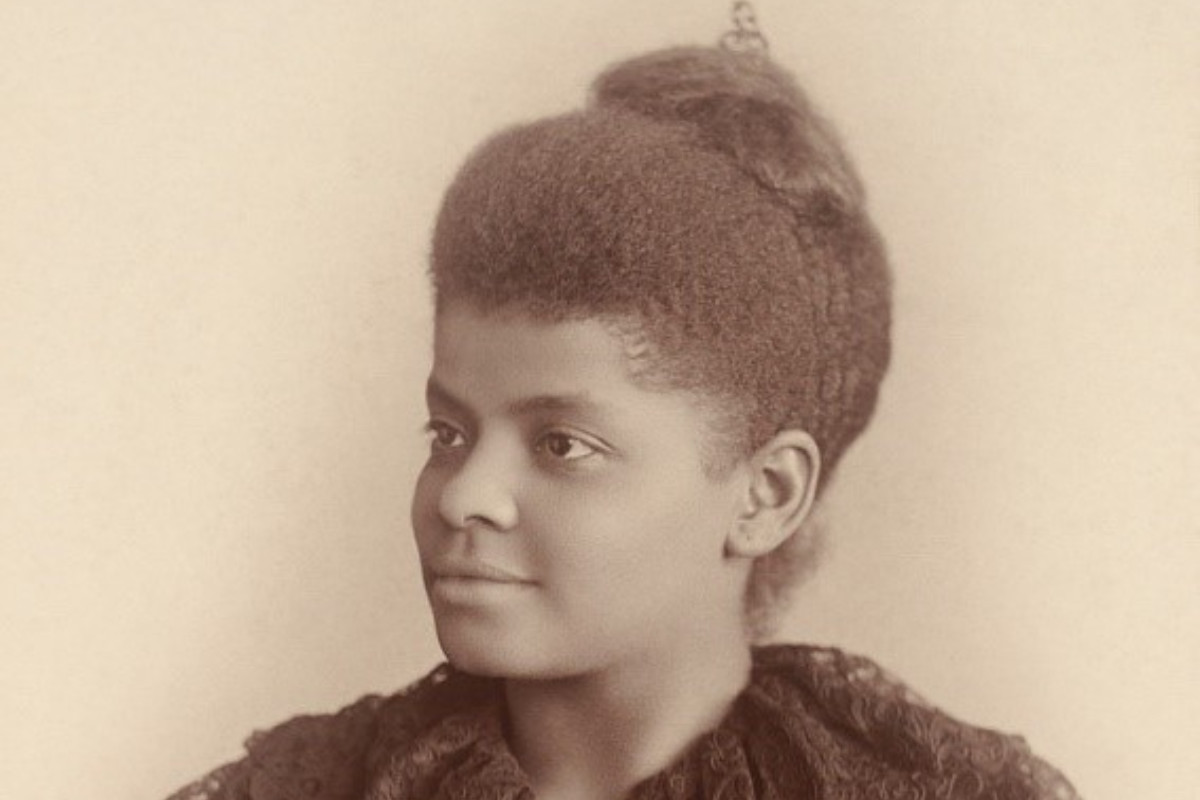 Ida B. Wells was an investigative journalist and an African American civil rights advocate, who spent many of her most memorable years in Chicago. Born in Mississippi in 1862, she was brought into slavery but was later freed by the Emancipation Proclamation. A yellow fever outbreak caused the death of both her parents as well as one of her siblings, leaving her to care for her remaining siblings. In 1878, at the age of 16, she convinced the local school administrator that she was 18 so that she could work there to provide for her siblings.
Ida B. Wells was an investigative journalist and an African American civil rights advocate, who spent many of her most memorable years in Chicago. Born in Mississippi in 1862, she was brought into slavery but was later freed by the Emancipation Proclamation. A yellow fever outbreak caused the death of both her parents as well as one of her siblings, leaving her to care for her remaining siblings. In 1878, at the age of 16, she convinced the local school administrator that she was 18 so that she could work there to provide for her siblings.
In 1882, Wells moved with her siblings to Memphis, Tennessee to live with their aunt. While in Tennessee, she spent some time studying at Fisk University in Nashville. During a train ride from Memphis to Nashville, she was asked to move from the first class seat she paid for, to the African American section of the train. After refusing to do so, she was forcedly removed from the train. She sued the train company and won the state level case but it was overturned by the Supreme Court.
In 1892, Wells became an anti-lynching advocate after her friend and two of his associates were murdered. She wrote articles condemning the lynching. This led to a mob storming her newspaper office while she was away, eventually leading her to move to Chicago.
In 1896, Wells was one of the founders of the National Association of Colored Women, the first organization established for Black women.
In 1908, the African American community in Springfield was brutally attacked after a Black man was accused of raping a white woman. This led Wells and many others to take action by attending an organization that later became the National Association for the Advancement of Colored People.
Wells was also active in the women’s suffrage movement, despite white women ignoring concerns with lynching.
Wells died in 1931 in Chicago and is memorialized by her activism for African American. Her home in Chicago became a national Historic Landmark on May 30, 1974.
In 2020, Wells received a Pulitzer Prize for her outstanding work reporting the brutal violence that African Americans experienced during that time.



